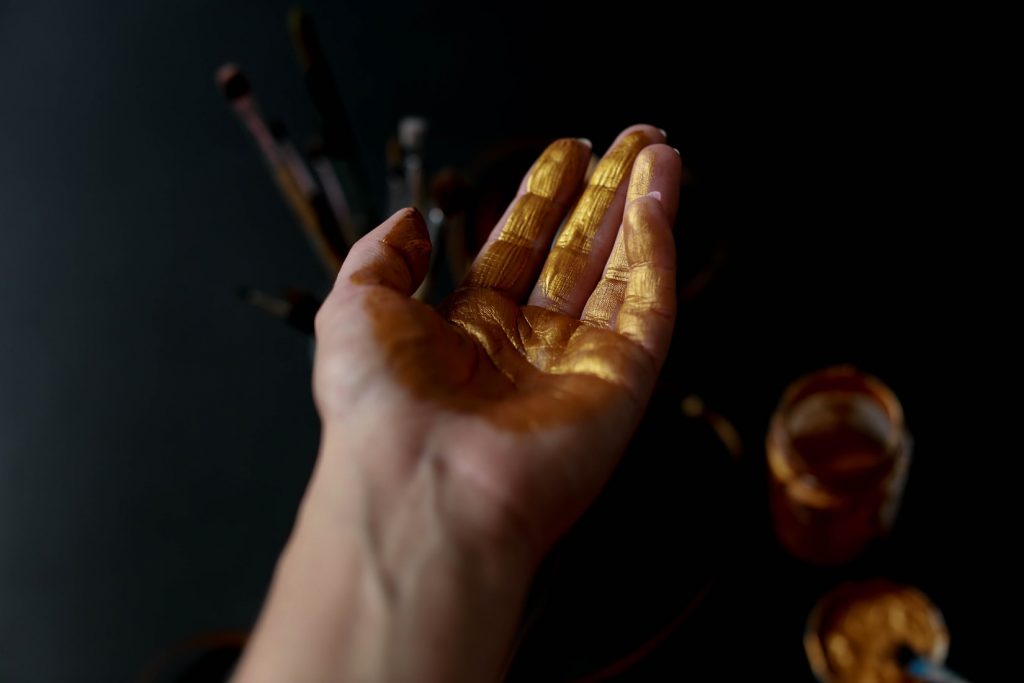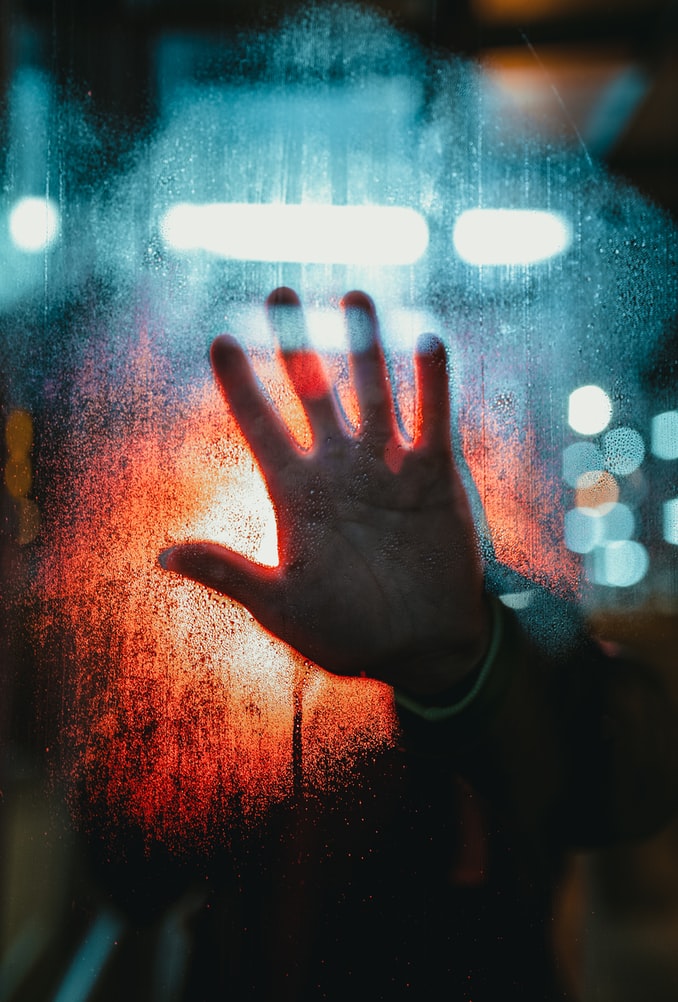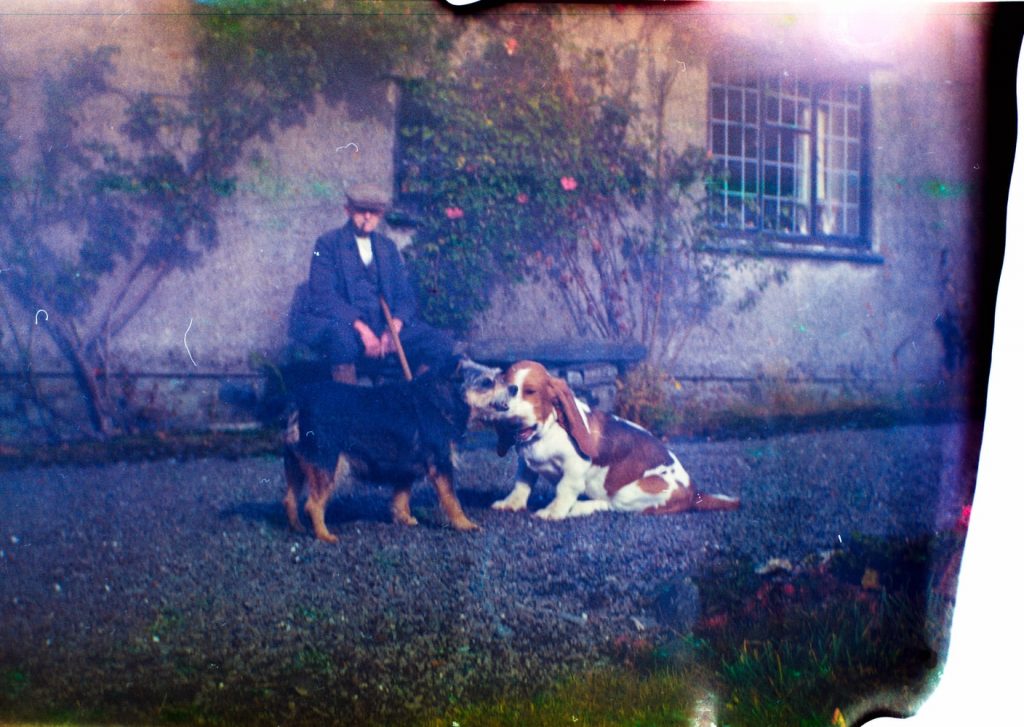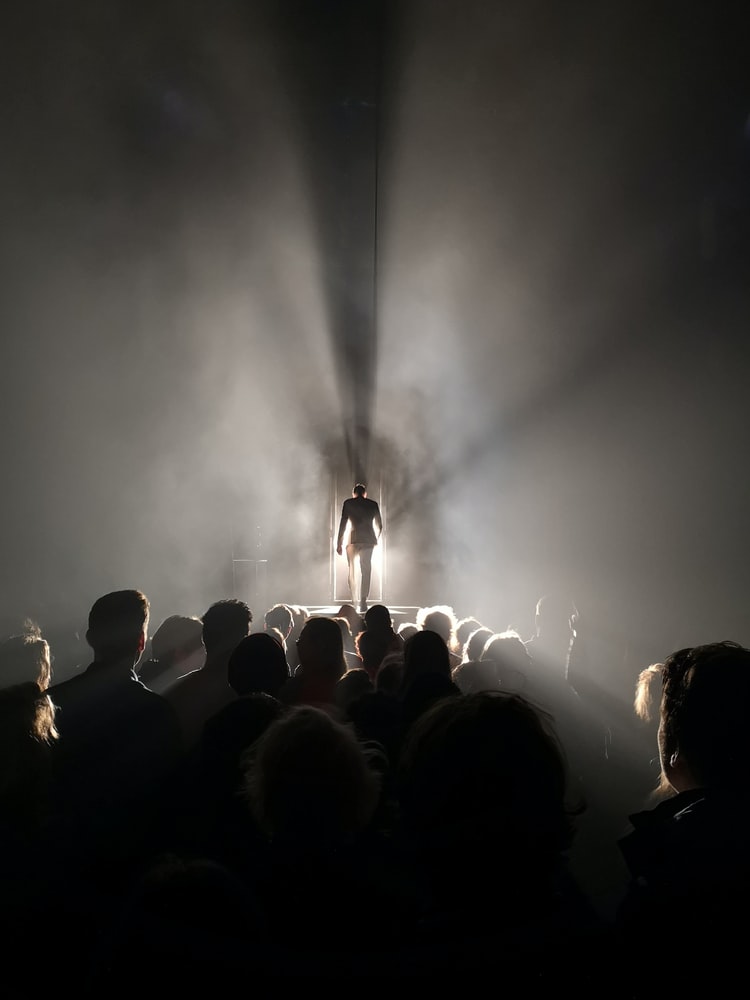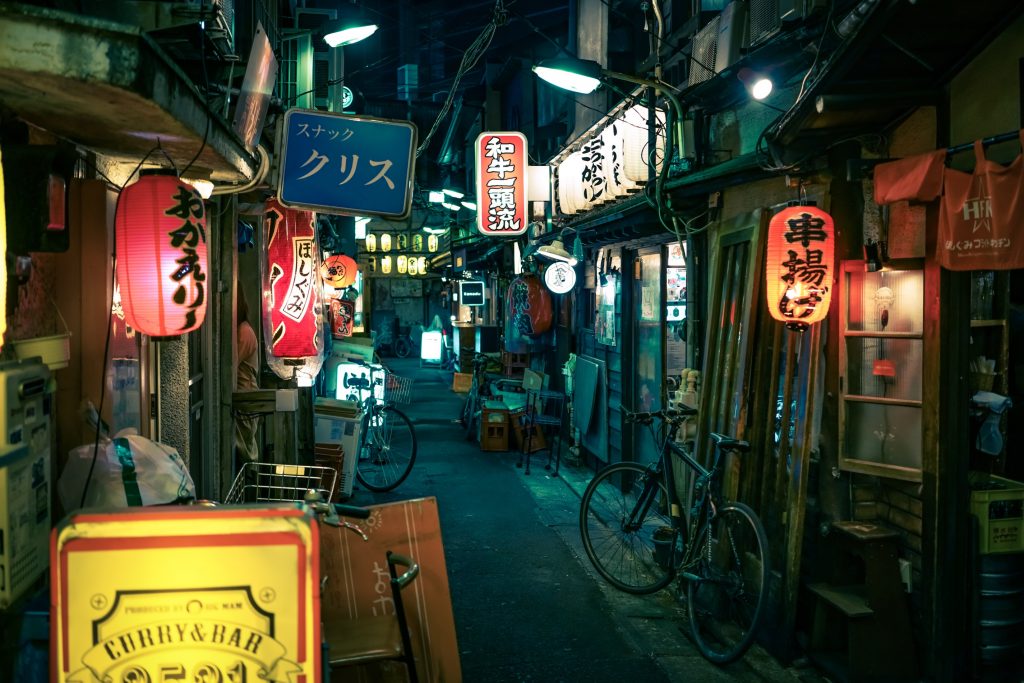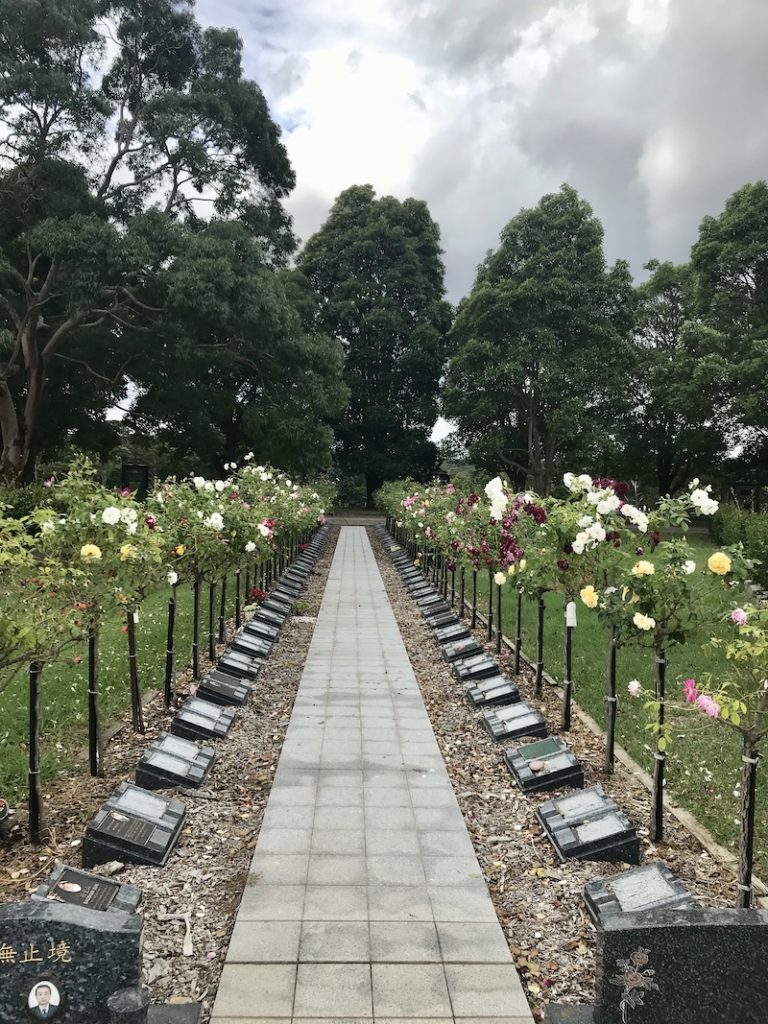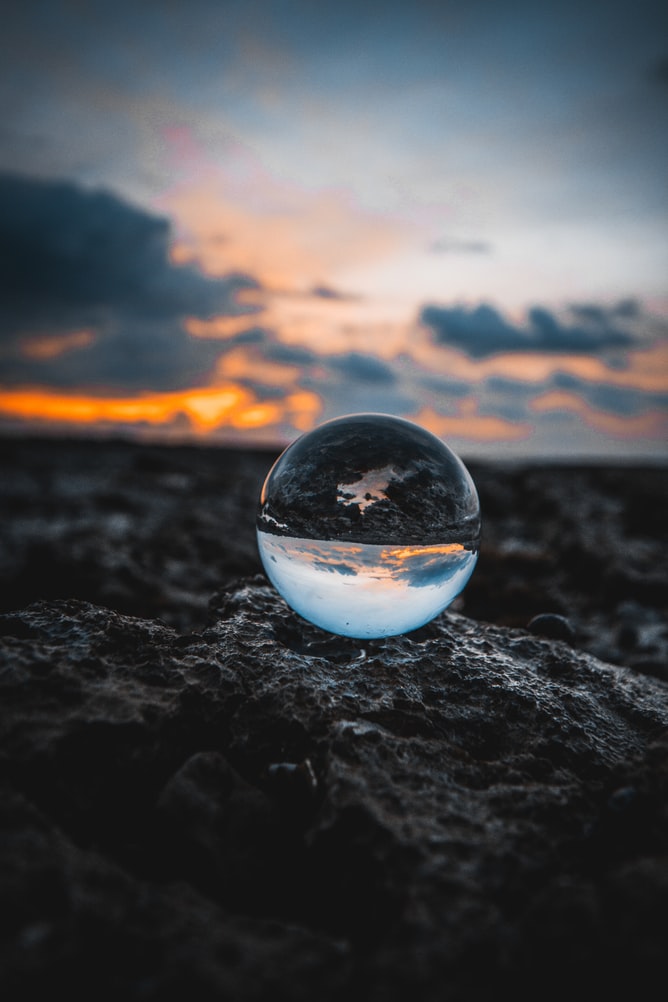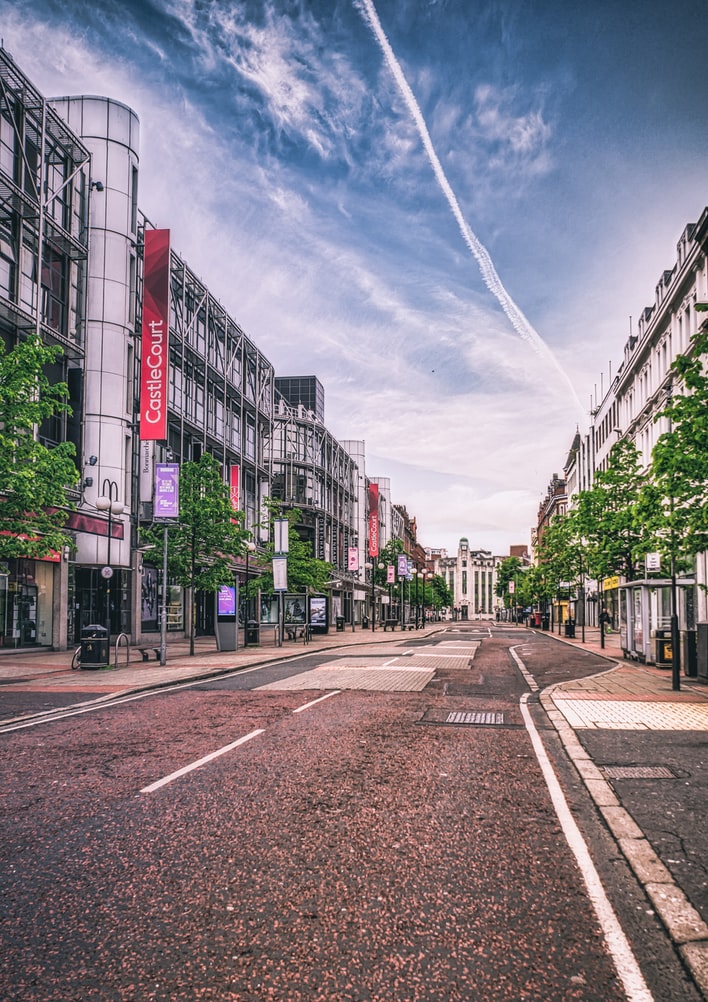
Mask on, spray, wipe, repeat.
The television on the wall sits above me playing the News. It’s always the same old thing and I prefer not to watch it, but the customers always rather watch the news than some random movie.
‘Another fifteen people from Shadow Falls in Sydney taken to ‘The Island’ today. That makes a total of thirty-six hosts this week. Authorities at ‘The Island’ are still refusing to provide any information on this matter. In other news…’
Shaking my head, the itch in my nose makes me play with my mask. Fifteen people have gone to ‘The Island’. Every day it just keeps increasing— I wonder what those poor people are doing there. How are they surviving without any sort of communication? Shaking my head again, I continue wiping the excess water off the cups before I put them into the sterilising machine with my clear latex gloves. A customer leaves the table, her cash payment in a clear plastic sleeve, winking at me. I walk towards her seat, hospital grade disinfectant spray and wipe in hand, ready to sanitise the table and chair. Focusing on my task at hand, I make sure that everything is thoroughly cleaned for the next person. I take the cash back to the register and ring it up. Finally having a moment to myself, I take a sip of my water bottle and regard the customers. Plain black mask, plain white mask, floral pattern, skulls. There is something so familiar about the way these people behave. Everyone is acting the same yet adding their own version to it. The guy in the back cleans his AirPods with wipes before putting them in his ear, he puts his mask on a tissue before sanitising his hands and taking a sip of his coffee—which he insisted be placed in his reusable cup. An older woman behind him wipes the table first, sanitises and then puts the mask in her bag. My eyes stray from her and follow the sight of Leon, my co-worker as he takes the temperature of the people waiting at the door.
I spent a few days of the week here at the Café and some days at the Lab where I intern. My interest in science only grew as the pandemic continued and my working at the Lab only heightened my love for it. A few months back, I discovered a new organism which could potentially cure many diseases. It was a big breakthrough and my work was headlined. Tomorrow I had a meeting with my supervisor, and I was itching for it to come.
As I observe the café once more, the reality of our situation hits me again. It’s utterly disappointing and sad that we have to accept this as our new normal. I like to think that this is a big test from God. From Him to the world. Perhaps to treat each other better, perhaps to learn to be hygienic. Or maybe it’s to understand how much freedom we have compared to others. Because truly we don’t know the value of freedom until it is taken from us.
I remember the day that I found out. In all honesty, I didn’t think anything of it. In fact, I had made a joke about it. Lena, my cousin in Melbourne called me as I was walking into work to tell me. She was laughing, ‘They found a new disease, it’s on its way to Sydney.’
I had responded with giggles of my own, ‘I’m sure it’s fine.’
I feel like the world had personally jinxed me. I mean, I know that logically I wouldn’t have been the only one to underestimate it but sometimes logic flies away.
I have never seen anything as eerie as this. The streets were empty, with a stray person walking their dog here and there. The shops were filled with people in masks, rushing to buy their essentials before they rushed back home to change their clothes and disinfect their food. Toilet paper was gone as were any other perishables. We were in lockdown, barely allowed to leave our homes. Each suburb looked different, some civilians in certain areas were more cautious. Always with a mask and gloves on. In others, some were more laid back. No concept of social distancing or masks. The suicide rate was higher than ever. Some people had hope and others didn’t. It’s as if this big grey cloud has just been hovering over the earth. I could taste the sadness in the air. If I thought my anxiety was bad before the pandemic, then I don’t know what I was thinking at all. I was worse than ever. But it was nice having my family home.
Oh, how I missed the freedom to sit at a café with my mum without the fear of getting ill. Or even having the opportunity to reluctantly go to the gym. My family; aunties, uncles, cousins, grandparents… we didn’t see each other for about three months. I never thought I would miss the smell of my Grandma’s house or her yelling at me to stop being lazy and help cook. Things got better, and then they got worse. There were so many theories floating around the world. Was this a manmade virus?
Society started to change, the hope of going back to normal was long gone and we all had to accept our fate, that our world had been altered forever. There was no adequate vaccine so when things started to get really bad the authorities took the infected and placed them on an Island. Completely isolated from the world, with no way to communicate. The streets were filled with paraphernalia about ‘The Island’, a constant reminder of so many people’s fate. But I think the world started to relax, until they realised that it would be their family, their friends who would be there, with no way to see or talk to them. Soon, so many people were sent there that the world felt quiet. There was barely a hustle on the streets, some people liked the quiet and others didn’t. I didn’t really mind but there were some moments when I would be in the shopping centre and something as simple as a tranquil food court would make me upset.
The virus mutated, impacting people in different ways. First the signs were minor: fever and a cough. But this virus evolved into something scarier— more distinctive. The biggest impact of the virus then became physical appearance. Faces would become distorted with features morphing into one another, hair would fall out. Some people died and some didn’t. Most didn’t, but they were changed forever anyway. Things started to go awry, it became more than just about a virus. The authorities believed that we should live in a ‘clean society’. Meaning; aesthetic. They didn’t want the ‘deformed’ around us, claiming that it will cause mass hysteria and panic. So they sent them away. Unfortunately, most of civilisation also supported this idea. Their minds and souls were still working the same; they were merely a host. The virus would come and spread its wings around us like some sort of dark fairy and sprinkle us with its dust. The world felt eerie in its presence.
The world changed, for the better or worse I’m not sure. That answer will depend on the person. The virus didn’t care for status; the rich and the powerful were also sent to the Island. I remember reading somewhere that this was a whole scheme to start a new civilisation. A new world, with new concepts blooming from fresh soil. Thousands of people went to the Island first as volunteers, with the intention of not coming back. This was the first bad sign to me. Would thousands of people really leave everything behind for the sake of society? From what the authorities told us, those people didn’t receive any rewards either.
Interesting.
‘Hera!’ I come out of my stupor and look at Leon.
‘Sorry! I was just day dreaming.’ I give him a small smile as I place my bottle back down on the bench.
‘No worries. But I think your shift is over.’ I look outside after his words and notice it’s nightfall. The dark sky is bare, only with a few glittering stars and moonlight to illuminate us.
‘It is too. Today went by so fast,’ I say to Leon as I untie my apron and hang it up on the hook. After bidding farewell, I grab my bag, sanitise my hands and leave the café. Just as I’m fixing my bag on my shoulder and grabbing my keys, I hear soft footsteps behind me.
‘Hera.’ I turn around and see Leila, an old friend of mine. A friend who the last time I spoke to was being sent off to the Island because she was a host. She didn’t look much different than before. Only a slight difference in her nose and lips. If anything, it just looked like she’d had bad plastic surgery.
‘Leila… What are you doing here? Weren’t you on the Island?’ I take a step back from shock. My heart pounds as I try to register exactly what I’m seeing. Her hair is the same light brown and her eyes the same dark brown. Seeing her in front of me for the first time in years brings back all the memories we had together. Leila and I were always close but in the last year before the virus hit, things were quite tense between us and we were just never as close as we had been before. She reached out to me when she got infected, saying she was leaving for the Island as soon as possible. I knew that we had both changed and our friendship would never be the same as it once was, but I would have never wished that on her. The thought of not seeing her really upset me and I mourned for her. I mourned for her family. But there was just nothing I could do. Now, seeing her across from me is something I wasn’t expecting. In fact, it’s illegal.
‘Hera, I escaped.’ She walks towards me. ‘There is so much I need to tell you.’
I look up to the night sky for some clarity and the stars wink at me mockingly.
‘I’m not sick, don’t worry. But we need to talk right now.’
‘Um, okay okay. Get in the car.’ I shuffle nervously towards my old Wrangler, my scruffy black and white converses squeezing my feet after my long day at work.
I drive to the lookout my friends and I always used to go and on occasion for a breath of fresh air I would go alone. Opening the door, I stretch my legs and face forward. I’m not sure I want to hear what she has to say.
‘What are you doing here?’ I fiddle with my evil eye necklace as I wait for her to speak up.
‘I escaped. Hera, life there is different. They’re starting things from scratch. All the powerful people came together to build something new.’ She rushes out.
‘Wait, what? I don’t really understand what you’re saying.’ I continue to fiddle with my necklace.
‘Okay, okay. Look, when I got there, things were peaceful. It wasn’t some place where there were doctors everywhere. Everyone was friendly, acting like they weren’t infected. There were restaurants and fields, farms and animals. Isn’t that weird for some place that was meant to be an isolated, deserted island? Because that’s what they told us, that it was an isolated, deserted place. It was the start of a civilisation and the Island was rich too. All these big, powerful people bought their money and built. Hera, they built. There are buildings, businesses, currency, everything is there.’
I stare at her, unable to form words. It’s one thing to see someone who I never thought I’d see again, and it’s another to hear what she’s saying. I guess what I read about is true. But I still have questions. What is she doing here? How did she get here? I feel a small sting on my palm and look down. Blood trickles down my hand, caressing my skin maliciously. I watch it fall— as if in slow motion— down my finger and onto my shoes. In my hand lay pieces of my necklace. The royal blue stones winking at me, the silver stones tainted by my blood. I didn’t realise I was putting that much pressure on the pendant. Leila knows me well enough to realise I’m too stunned to speak. So, she continues talking. I wish she hadn’t.
‘I met someone there. He’s the son of one of the powerful men. He told me everything. Hera, there is a cure to this virus on the Island but they’re keeping it to themselves until the time is right, they’re going to sell it but there is no virus left. They’re cutting off communication with the world. This is like a selection. After most people died, they made a list of all the next people to depart. One or two from every family that’s left. Mainly people with important skills or jobs, but random people as well. Our physical effects are something else. Somehow, they’ve given us something to change our appearance, I’m not sure how and Titus doesn’t know either. But they’re saying that we’re positive, that we’re hosts when we’re not. Titus has connections here, that’s how I was able to come back. I left illegally.’
‘Leila, why are you here? Why are you telling me this and not the rest of the world?’ I place my hand with the broken pendant on my heart, trying to stop myself from hyperventilating.
‘Titus has been helping me keep track of my family. No one is left. I have no one but you. H-Hera,’ she stutters, her eyes a brutal mix of emotion and fierceness. ‘I saw the list. They saw the news about your new discovery in the Labs. They want you and you’re next.’ She blinks at me, ‘this is your warning call.’
